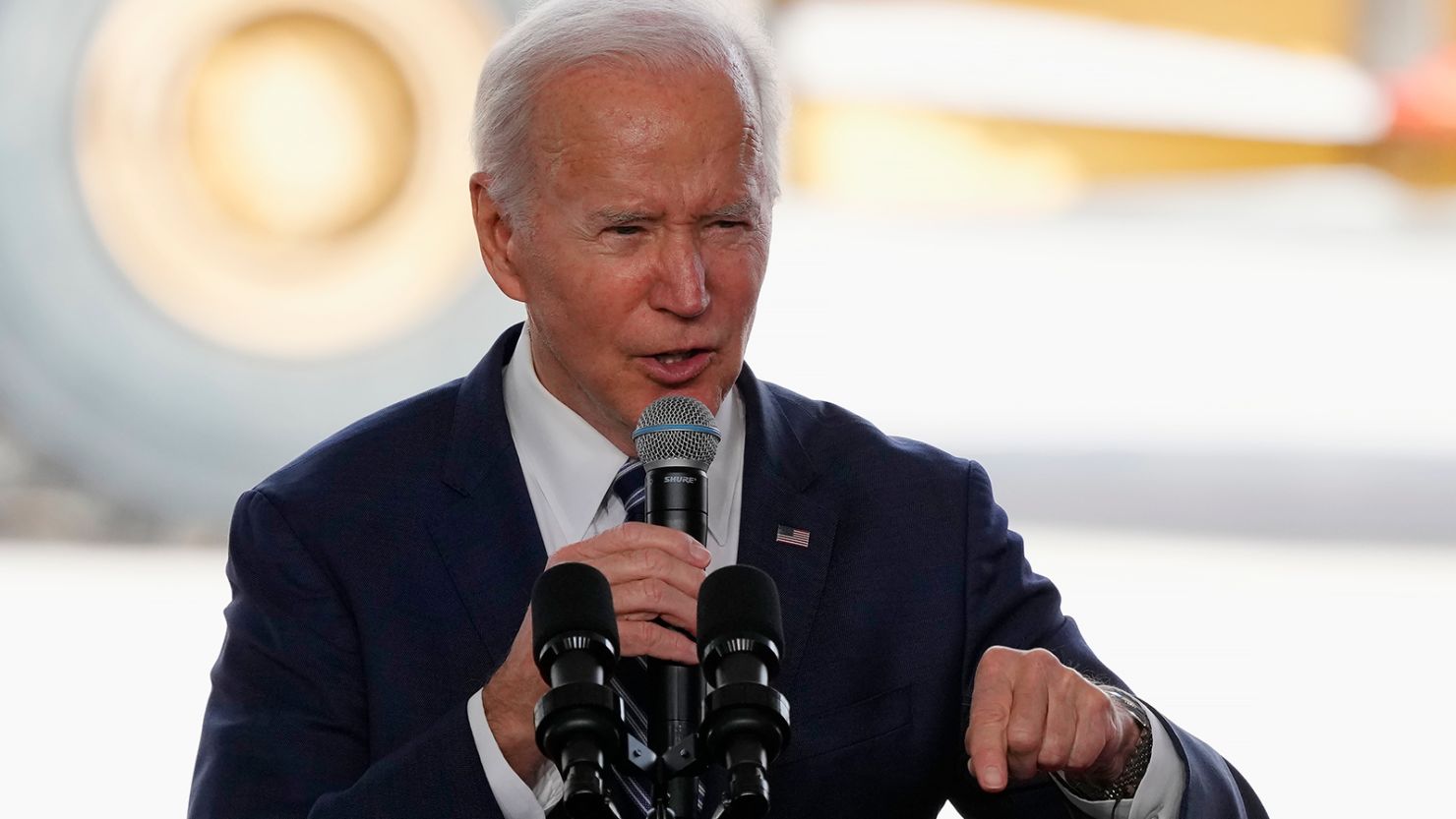With the midterm elections in the rearview mirror, President Joe Biden and top White House officials now face a government funding deadline – all as House Republicans are promising to deliver partisan warfare in the next Congress with their new majority.
And the clock is ticking.
With a government funding expiration deadline now just over a week away on December 16, the White House is ramping up pressure on Congress to move quickly to pass a sweeping spending package that provide everything from funding to deal with the Covid-19 pandemic to additional money for supporting Ukraine to disaster relief funds. Separately, a critical defense bill is also making its way through Capitol Hill. On both fronts, there’s no guarantee that things will get resolved with ease – or with speed.
For weeks, Biden’s top deputies, led by Office of Management and Budget Director Shalanda Young, have navigated the fluid dynamics of election season, Democrats’ policy priorities and the reality that this is likely the last window for a major full-year spending agreement in Biden’s first term.
For their part, White House officials are emphasizing that as complicated as the process of reaching an agreement on a large appropriations bill is, lawmakers must continue to pursue that path.
“There’s time,” one White House official put it simply on Wednesday.
While there appears to be growing talk of the need to pass a short-term, stopgap measure – also known as a “continuing resolution,” or CR – as lawmakers inch closer to the December 16 deadline, the White House is pouring cold water on the prospects of a one-year extension, saying it would have “disastrous consequences,” per the official.
Choosing to pursue a continuing resolution over a government spending bill would have harmful impacts on a number of key services, the administration has warned, including in areas ranging from national security to public education.
And then there’s one worst-case outcome that the White House insists – at least publicly – it isn’t seriously contemplating at the moment: A government shutdown.
“We’re not worried about a shutdown right now,” the official said, repeating again, that there is plenty of time for Congress to pass a government spending bill.
Biden kicked off his week on Monday by hosting Sens. Patrick Leahy of Vermont and Richard Shelby of Alabama – the top two senators on the Senate Appropriations Committee – for lunch. Officials said the president will remain closely engaged in the coming days to try to ensure that talks don’t quickly go haywire, even as Young, along with White House director of legislative affairs Louisa Terrell, continues to take point for the White House.
Secretary of State Antony Blinken and Defense Secretary Lloyd Austin trekked to Capitol Hill on Wednesday to offer lawmakers a status update on the war in Ukraine. But senators leaving the briefing said they spent considerable time making the administration’s case for why an omnibus spending bill is more beneficial than a year-long stopgap bill.


